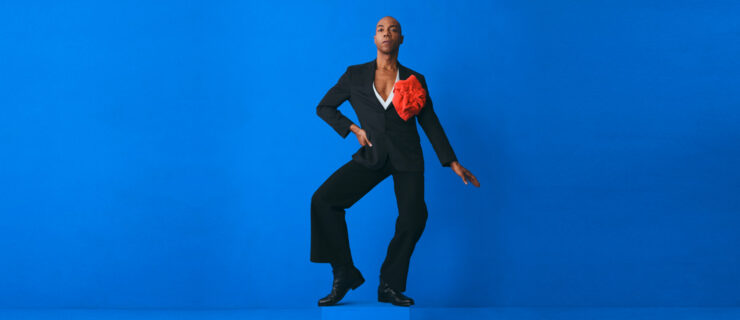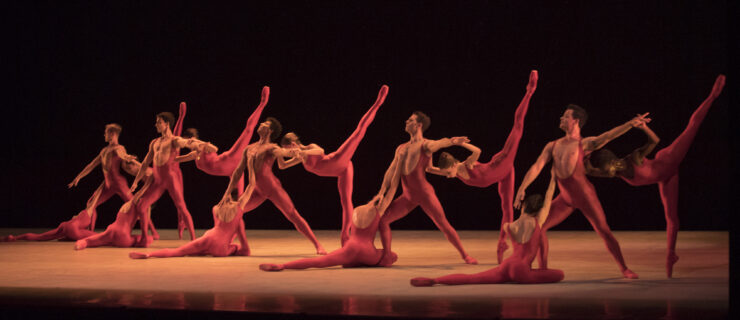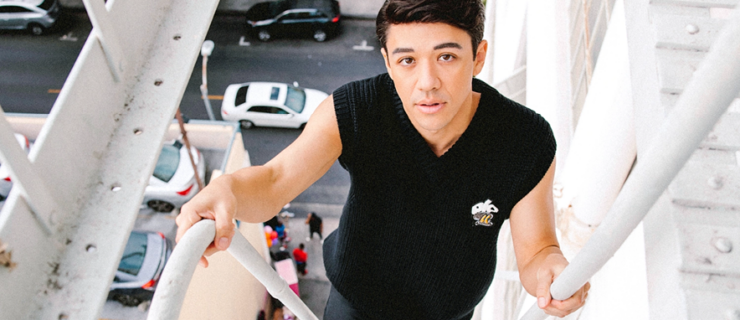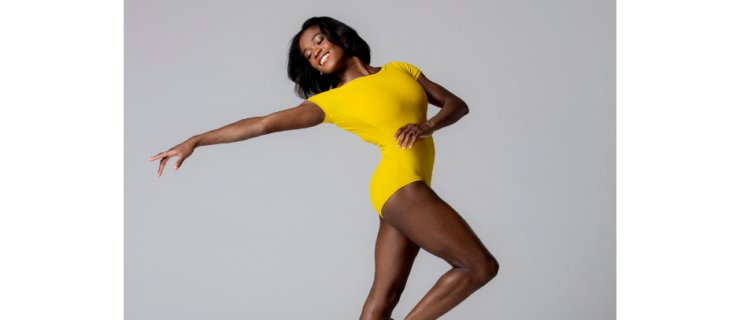Advice for Dancers: Family Matters
It’s been difficult to stay motivated to dance since my grandmother was hospitalized across the country. I used to give 110 percent of my attention to performing. Now it’s become hard to show up for class or remember choreography. I feel torn between my career and being with my family. Why can’t I get my act together?
—Emotional Wreck, San Francisco, CA
There’s absolutely nothing wrong with your reaction. While dancers often pride themselves on their single-minded focus, it’s normal to be upset when a close family member is ill. After all, you are human. The hard part is honoring your natural reaction to a personal crisis even when it distracts you from your career. My advice is to accept your feelings as valid rather than judge them—or yourself—as problematic. Then, let your teachers and director know what’s going on so you can avoid any misunderstandings if you occasionally miss class or appear slightly off during rehearsals. Finally, there’s the looming question of whether you feel like you should ask for a leave of absence to visit your grandmother or stay at the theater for now. If you decide to stay, it would help your stress level to surround yourself with trusted friends and increase communication with your family through phone calls or FaceTime.
I’ve been cast in my first solo part.
Everyone on staff is correcting me so much that I can’t think straight. I also don’t trust them when they say I look good because it’s always followed by endless corrections to fix my hands, feet and turnout. How am I supposed to get performance-ready?
—Overwhelmed, New York, NY
Getting corrections and feedback are part of how you progress in dance. However, it’s best when this is kept simple. Our short-term memory only holds about seven pieces of information at a time (think of phone numbers minus the area code). Unfortunately, artistic staff who bombard you with constant corrections don’t necessarily know this, so they may be inadvertently sabotaging their efforts to fine-tune a good solo (which you said they’ve already acknowledged). What can you do? Try grouping related corrections together, such as any notes about your upper body or your turnout. Then, after you’ve repeatedly practiced until they’re in your muscle memory, leave the corrections in the studio and find a simple cue that puts you into performance mode onstage. Something that gets you out of your head and into the moment—like staying in character, relating to the music or just breathing—can help tremendously.
What does it mean if I feel numb? I’ve always been able to juggle an intense workload of college courses and technique classes in my BFA dance program, no matter how much was required. Now it’s confusing to suddenly not know what I’m feeling. Can you help?
—Vanessa, Jersey City, NJ
While it’s important to rule out any underlying health problems when dealing with the psyche, being unable to feel your emotions is frequently associated with intense anxiety that drains you of all feelings. Keeping a journal can help you identify uncomfortable emotions, especially if you’re feeling out of touch, and rereading it later can provide insight into the situation. You may have taken on too much, either academically or in dance, in which case it’s to your benefit to back off. Find some quiet time daily to take 15-minute breaks, practice breathing techniques from yoga or do other stress-reduction activities, such as meditating. If you’d like to know if excessive anxiety may be causing your symptoms, you can take an online test at calmclinic.com/anxiety-test. You might also consider using the counseling services at your college to help you identify what you’re feeling. Although anxiety is part of our survival mechanism, too much can impair your performance and quality of life.
2000 Broadway, PH2C, New York, NY 10023
email: [email protected]
Former New York City Ballet dancer Linda Hamilton, Ph.D., is a psychologist in private practice, the author of
Advice for Dancers (Jossey-Bass) and co-author of The Dancer’s Way: The New York City Ballet Guide to Mind, Body, and Nutrition (St. Martin’s Griffin). Her website is drlindahamilton.com.




